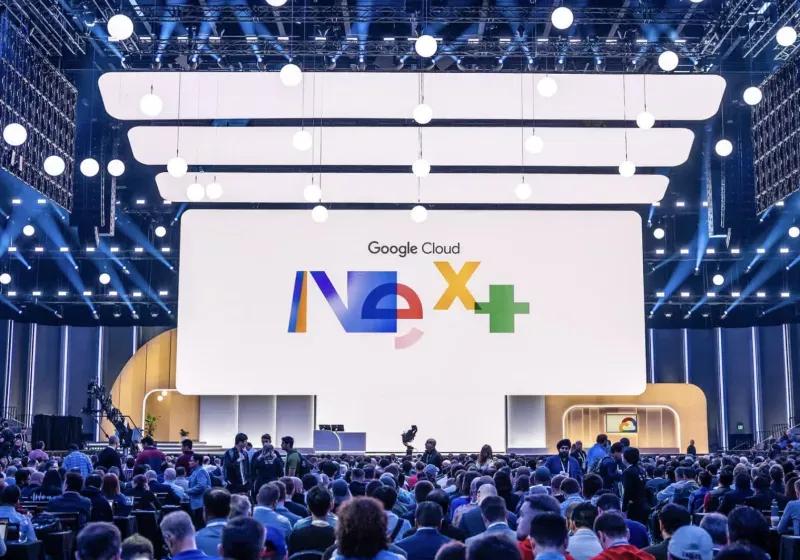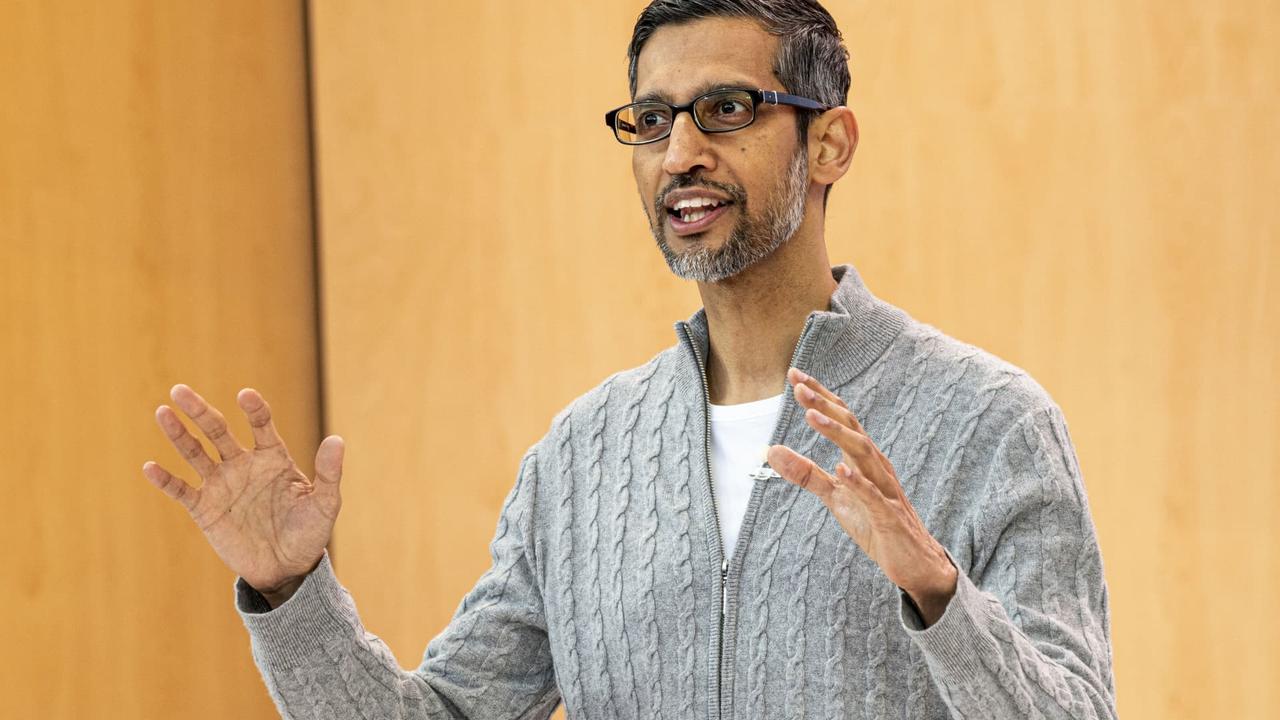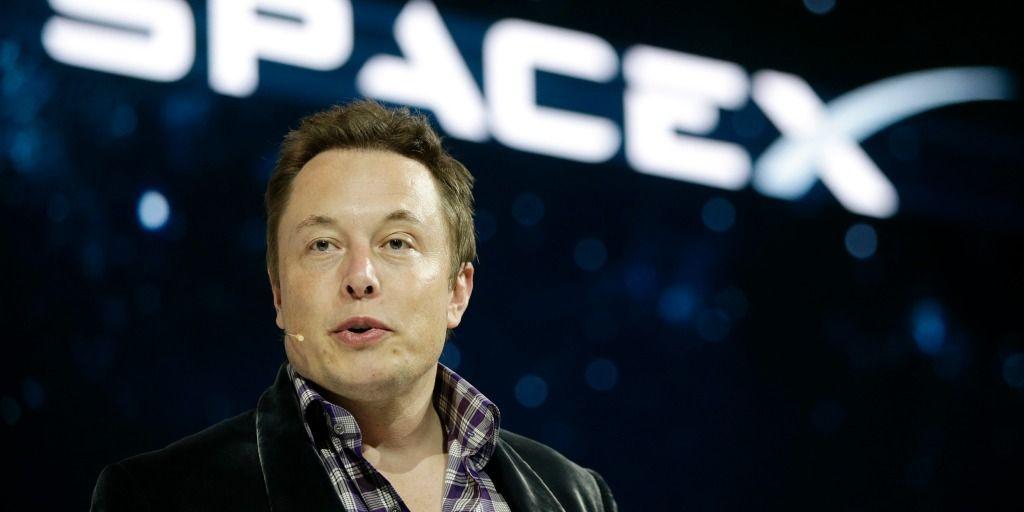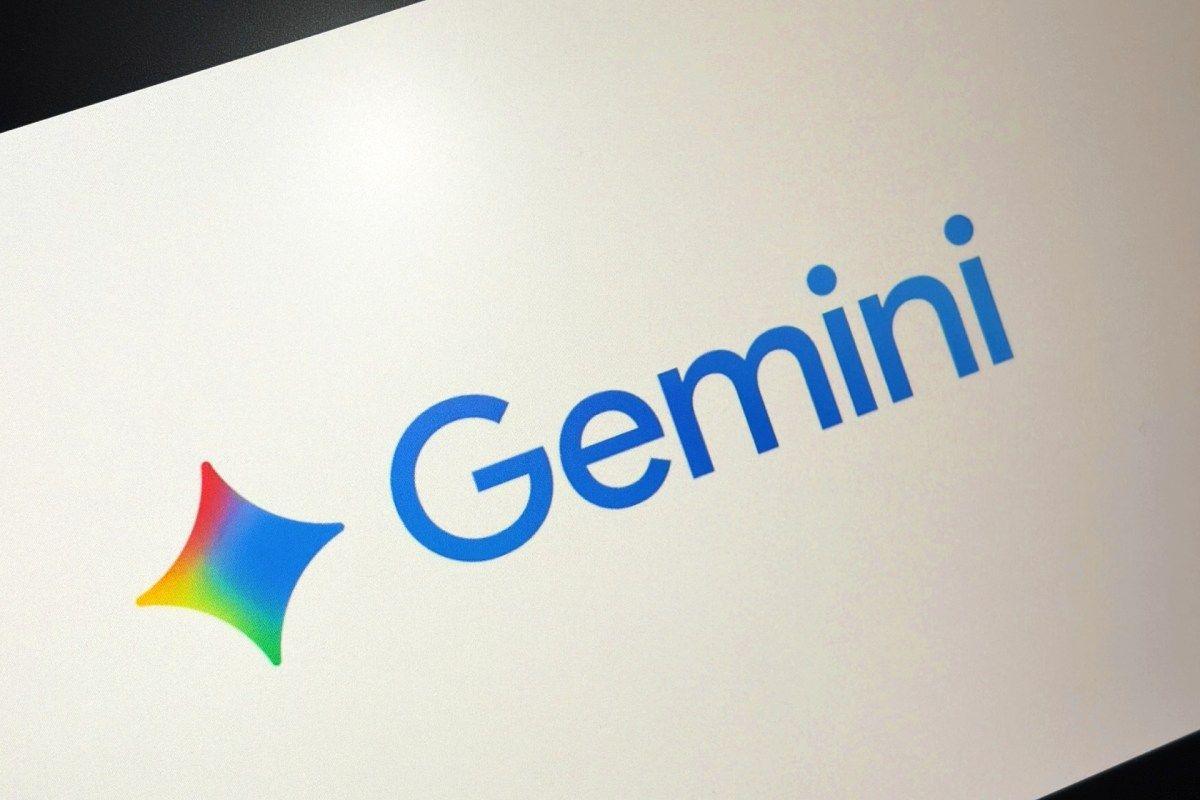Google Cloud's AI Dominance: 60% of AI Startups Use Their Technology
2 Sources
2 Sources
[1]
Google Cloud CEO: 60% of AI Startups Use Our Tech | PYMNTS.com
Google Cloud's CEO says his company has several paths to monetizing artificial intelligence (AI). "We have seen 10-times growth year over year of people using our clusters," Thomas Kurian said Tuesday (Sept. 10) at a Goldman Sachs tech conference. "Sixty percent of all AI startups use our clusters for training and inference," added the executive, whose comments were reported by Seeking Alpha. "We monetized our security, which is powered by our AI capabilities," Kurian said. "We monetize based on the value we are creating for users. We are capturing customers faster, doing larger deals, and customers have increased their adoption of our products by 30%." "We have been patient with AI, and because of that, we have found many ways to monetize AI," he added. Kurian also argued that selling AI solutions requires a different approach than past technologies, requiring companies to sell towards specific departments rather than an IT division. "You don't sell an AI solution the same way as other products," Kurian said. "We sell around a Solution." As PYMNTS wrote recently, a number of tech giants are embedding AI into their core products and services to create new opportunities for revenue while also improving user experiences. "Integrating AI across various sectors marks a shift in how companies monetize technology and engage with users," that report said. "From search engines and productivity tools to freelance marketplaces, AI is becoming a key differentiator and revenue driver. This trend is reshaping business models and consumer interactions while also raising questions about the future of work and the implications of AI deployment." Among the more notable Big Tech AI efforts are Google's integration of AI capabilities into its search engine, Microsoft's AI assistant Copilot, and Amazon's use of AI for personalized product recommendations and search results. "Companies are increasingly focusing their AI spending on developing lightweight and compressed models, which are crucial for efficient deployment in resource-constrained environments," Jiahao Sun, CEO at Flock.io, told PYMNTS. Sun also highlighted AI's capabilities. "Advancements in AI, particularly in large language models [LLMs] and machine learning [ML], are poised to revolutionize the commerce sector by automating a wide range of processes," he said. This automation, Sun added, could streamline operations throughout companies, enhancing things from inventory management to customer service.
[2]
Google Cloud CEO details paths of monetization for AI
Google (NASDAQ:GOOG)(NASDAQ:GOOGL) Cloud CEO Thomas Kurian highlighted some of the paths his company has made to monetize artificial intelligence, during his presentation at Goldman Sachs Communacopia and Technology conference on Tuesday afternoon. "We have seen 10-times growth year over year of people using our clusters," Kurian said. "Sixty percent of all AI startups use our clusters for training and inference." Kurian said they have monetized compute instances on a consumption basis and have established a price platform on a token basis. Google has built its data center clusters using either its own processors or those from Nvidia (NVDA). AWS (AMZN) also uses a combination of its own chips, as well as Nvidia and AMD. "We monetized our security, which is powered by our AI capabilities," Kurian said. "We monetize based on the value we are creating for users," he added. "We are capturing customers faster, doing larger deals, and customers have increased their adoption of our products by 30%," Kurian said. "We have been patient with AI, and because of that, we have found many ways to monetize AI." He said selling AI solutions is different from selling technology in the past. Rather than go through a company's IT department, you might instead approach the head of customer service or head of finance as AI solutions and agents are geared for specific tasks. "You don't sell an AI solution the same way as other products," Kurian said. "We sell around a solution."
Share
Share
Copy Link
Google Cloud CEO Thomas Kurian reveals that 60% of AI startups use Google's technology. The company is exploring various monetization strategies for AI, including infrastructure services and AI-powered applications.

Google Cloud's Significant Presence in AI Startup Ecosystem
Google Cloud has established itself as a major player in the artificial intelligence (AI) startup landscape, according to recent statements by CEO Thomas Kurian. Speaking at a Morgan Stanley conference, Kurian revealed that approximately 60% of AI startups are utilizing Google's technology
1
. This statistic underscores the company's growing influence in the rapidly evolving AI sector.Diverse Monetization Strategies for AI
Kurian outlined several paths Google Cloud is pursuing to monetize its AI offerings:
-
Infrastructure Services: Google provides the underlying computational power necessary for AI development and deployment. This includes access to specialized hardware like TPUs (Tensor Processing Units) and GPUs, which are crucial for training and running large AI models
2
. -
AI-Powered Applications: The company is developing and offering AI-enhanced versions of its existing products. These applications leverage AI to provide more advanced features and improved user experiences across various domains
2
. -
AI Platform Services: Google Cloud offers a range of tools and services that enable businesses to build, train, and deploy their own AI models. This includes services like AutoML, which simplifies the machine learning model development process
2
.
Emphasis on Responsible AI Development
In his discussion, Kurian stressed the importance of responsible AI development. Google Cloud is committed to ensuring that its AI technologies are developed and used ethically, with a focus on fairness, transparency, and accountability
1
. This approach aims to build trust with customers and address potential concerns about AI's societal impact.Related Stories
Competitive Landscape and Future Outlook
While Google Cloud's 60% market share among AI startups is impressive, the company faces stiff competition in the broader cloud and AI services market. Rivals like Amazon Web Services (AWS) and Microsoft Azure are also making significant investments in AI technologies and services
1
.As the AI industry continues to grow and evolve, Google Cloud's strategy appears to be focused on maintaining its strong position among startups while expanding its offerings to attract larger enterprises. The company's multi-faceted approach to AI monetization, combined with its commitment to responsible development, positions it well for future growth in this dynamic sector
2
.References
Summarized by
Navi
[2]
Related Stories
Recent Highlights
1
French Police Raid X Office as Grok Investigation Expands to Include Holocaust Denial Claims
Policy and Regulation

2
OpenAI launches Codex MacOS app with GPT-5.3 model to challenge Claude Code dominance
Technology

3
Anthropic releases Claude Opus 4.6 as AI model advances rattle software stocks and cybersecurity
Technology








